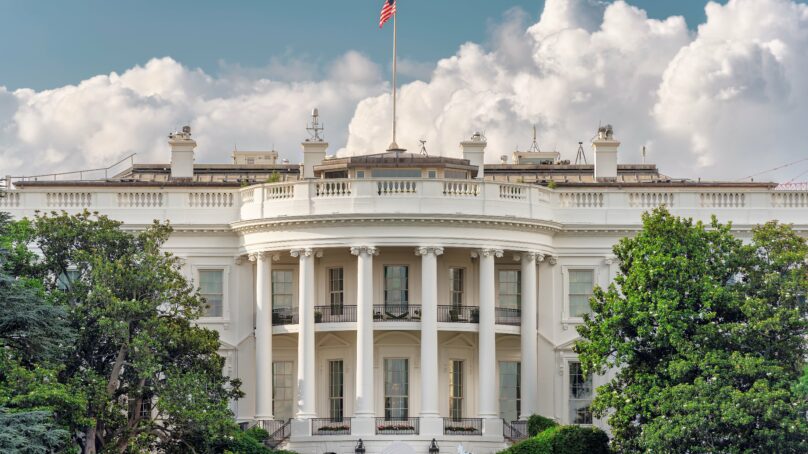
On May 2, 2025, the White House issued a budget blueprint for discretionary spending in fiscal year 2026. The recommendations would cut $163 billion in non-defense discretionary spending, leaving few areas of government untouched.
Among the many cuts proposed is the elimination of the U.S. Department of the Treasury’s Community Development Financial Institutions (CDFI) Fund discretionary awards, totaling $291 million. In the letter sent to the Senate’s Committee on Appropriations, the cuts to discretionary awards are justified as part of the goal of “reducing the Federal bureaucracy.”
“Past awards may have made race a determinant of access to loan programs to “advance racial equity,” funded products and services that built so-called “climate resiliency,” and framed American society as inherently oppressive rather than fostering unity. The CDFI industry has matured beyond the need for “seed” money and should at this point be financially self-sustaining. Remaining funding supports oversight and closeout of prior awards, maintaining CDFI certification, and support for New Markets Tax Credit administration and the zerocost Bond Guarantee Program.”
In a separate White House document titled “Cuts to Woke Programs,” the proposed cuts to CDFI are further elaborated on. The White House suggests awards were “abused to advance a partisan agenda.” In particular, they are critical of awards granted on the basis of “gender extremism,” “climate radicalism,” and race. “The function of the CDFI is much better served by local government and the private sector than inefficient partisans.”
Separately from the cuts to the CDFI’s discretionary awards, Trump’s blueprint recommends $100 million be allocated to a Rural Financial Award Program with the goal of providing “access to affordable financing and spur economic development in rural America.”
The program would also require the CDFI Fund to change its operations by allocating at least 60 percent of loans and investments in rural communities. It would also “leverage existing administrative resources within the Department of the Treasury’s CDFI Fund to increase access to capital, infrastructure financing, and main street business development.”
America’s Credit Unions president and CEO Jim Nussle responded to the proposal by saying, “We are not aligned with the suggestion to eliminate the Community Development Financial Institutions Fund’s discretionary awards. We do share the president’s commitment to revitalizing rural communities — with credit unions currently operating roughly 900 branches that are the sole financial institutions in their census tracts, credit unions remain dedicated to serving all underserved communities, regardless of geography.”
The Treasury Department announced in March that all 11 CDFI programs operating were statutorily mandated, suggesting they would be safe from wholesale elimination, but not necessarily budget cuts.
America’s Credit Unions has stated that credit unions generate $12 in private capital for every federal dollar awarded through the CDFI program. There are currently over 500 CDFI-certified credit unions.






























































